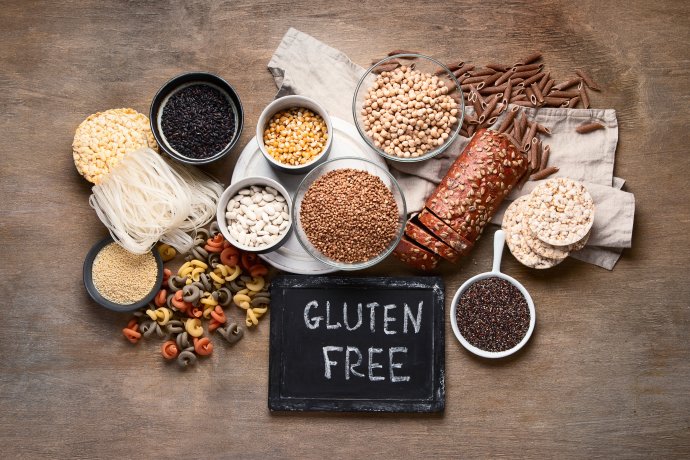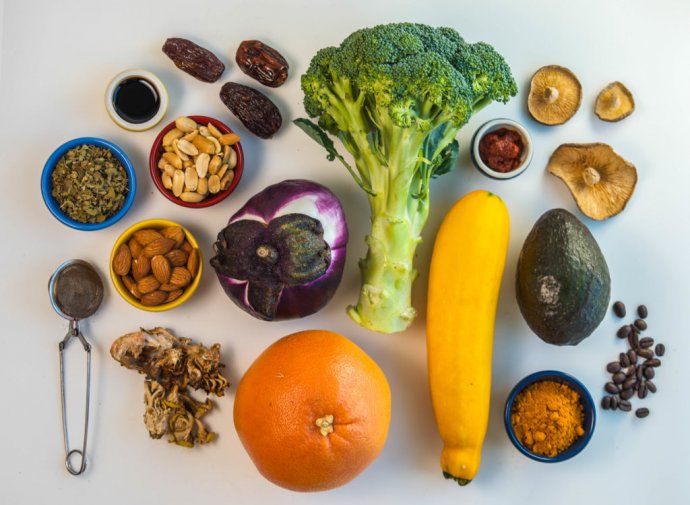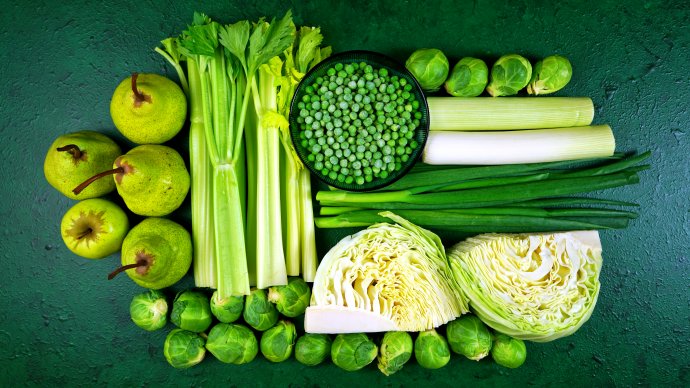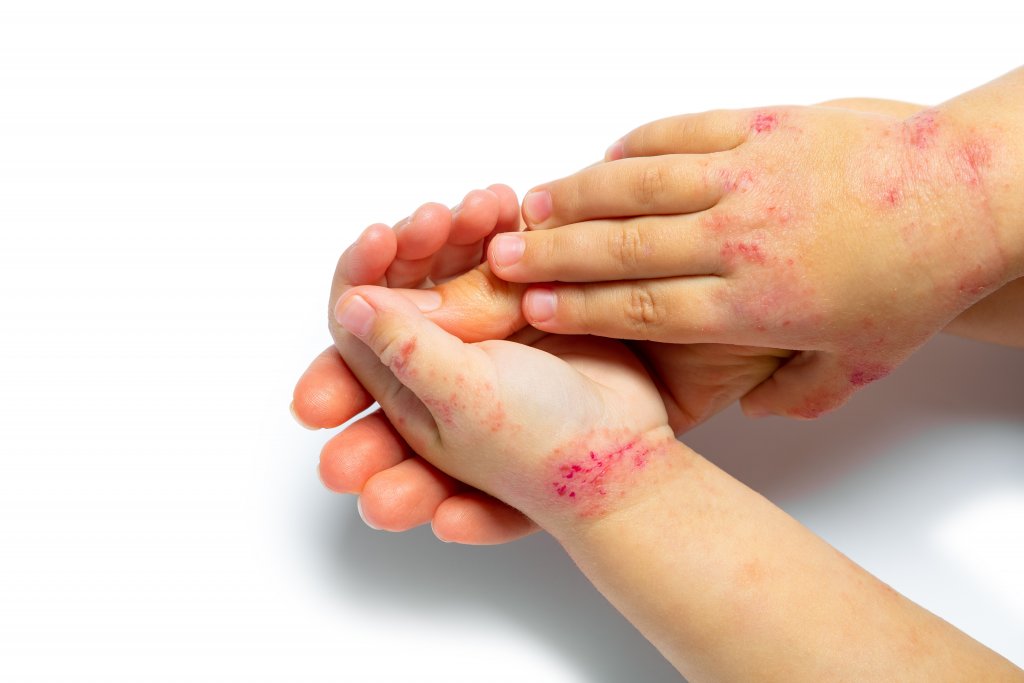With so little knowledge about what exactly causes the onset of eczema or psoriasis in our children, and with no known cure, it is our job to find a way to help them manage the symptoms and avoid flare ups by trying different medications (medical or natural), adopting special diets and avoiding stress and anxiety. Today, many people are turning away from mainstream medicine and looking for natural and healthy lifestyle ways to help their child manage their skin and live a pain free life.
Could diet be to blame for your child’s eczema?
FOOD ALLERGIES
There is no evidence that food allergies cause eczema or psoriasis in children. In fact, less than 2 out of 10 children who develop eczema have a food allergy. It is commonly understood that eczema generally comes before the food allergy (or food sensitivity).
Apparently, 1 in 3 children who have eczema go on to develop food allergies or intolerances which can manifest with both gastrointestinal problems and a flare of eczema symptoms. According to researchers, eczema appears to precede the development of an allergy, suggesting that the former somehow triggers the latter. Scientists today refer to the “atopic march.” Which describes a pattern of development in which eczema generally appears first, followed by food allergies, seasonal allergies, and asthma. Many experts actually prefer to use the term food intolerance (or food sensitivity) when talking about adverse reactions such as increased eczema symptoms.
When children who have eczema have a reaction to a food, it happens in two ways. One is very rapidly, within 30-60 minutes of eating and a number of reactions can happen such as hives, a rash, itching, wheezing, vomiting or sudden collapse. This reaction requires immediate medical attention and then will need to be submitted for further tests such as skin prick tests or blood tests to see the extent of, and to identify the source of, the allergy. The second is a delayed reaction that causes the eczema to worsen – usually within 48 hours of eating the food. In this case, finger prick tests and blood tests are not helpful at all.
And, since the reaction is so delayed, it is often hard to discover which foods have caused these triggers.
The common offenders are:
- Milk
- Eggs
- Peanuts
- Tree nuts
- Wheat
- Fish
- Shellfish
- Soy
The common ways to discover which foods are causing these flare ups are:
Elimination diets. Removing the food from your child’s diet for 10 to 14 days and watching to to see if it makes a difference.
Food challenges. After having removed a food from your child’s diet, you can add a small amount back in to see if it causes symptoms.
The good news is that most children with these food allergies (or food sensitivities) will outgrow them by the time they reach adulthood
GLUTEN SENSITIVITY

The idea that gluten affects the skin is not an obscure one. For example, gluten can cause a rash called dermatitis herpetiformis in certain individuals with celiac disease, and going gluten-free completely clears it up.
People with eczema and psoriasis have been found to have increased markers for gluten
sensitivity known as non-celiac gluten intolerance which is a common food sensitivity. Again, gluten will not be the original cause of the eczema but children with non-celiac gluten intolerance may find that gluten is a trigger for worsening the symptoms and it will be important to cut out gluten-containing foods.
Foods to avoid include:
wheat and wheat derivatives
rye, barley, and malt pasta, noodles, and baked goods containing wheat, rye, barley, and malt
any processed foods high in sugar, salt, and fat
NIGHTSHADES AND SALICYLATE

One of the most commonly reported triggers for psoriasis flare-ups is the consumption of nightshades. Nightshade plants contain solanine, which has been known to affect digestion and may be a cause of inflammation
foods to avoid include:
tomatoes
Sweet potato (White potatoes are fine as long as they’re peeled)
eggplants
peppers
Nightshade plants are particularly high in salicylates (except for peeled white potatoes) so this may be why some eczema sufferers report having adverse reactions to nightshades.
According to research by Loblay and Swain from the RPA Hospital Allergy Unit in Sydney, ingesting salicylate-rich foods causes a worsening of eczema symptoms. In fact, salicylate sensitivity (also known as salicylate intolerance), is the most common chemical sensitivity that eczema sufferers present with.
Why do plants have salicylates?
Salicylate is a natural chemical found in plants. It is produced naturally on the plant skin to protect itself against disease, bacteria, fungi and insects. It is present in varying amounts in the food and drinks that we consume, including vegetables, fruits, nuts, spices, alcohol, coffee and tea.
Eczema sufferers commonly have adverse reactions to preservatives and pesticides so it’s little wonder they can also react to salicylates.
The way to find out if your child has salicylate intolerance is to remove high salicylate foods from the diet for a couple of weeks and to slowly introduce it back into the diet one item at a time to see what the reaction is. Alternatively, just removing these items from the diet of a child (or adult) with eczema permanently is perhaps the simplest way to remove the possibility of triggers from a high salicylate plant.
The list of foods that are high in Salicylate are quite extensive and include
Sweet fizzy drinks,
Almonds,
Peanuts
avocados
Mayonnaise
Certain Fruits and Vegetables
For information about adopting a low Salicylate diet for your child follow this link:
Low Salicylate Diet – With List of Foods to Eat & Avoid (drugs.com)

The Importance of Seeking Help from a Specialist
Before using an elimination diet to find out if hidden food allergies are causing your psoriasis flare-ups, it is wise to seek advice from a medical doctor or a certified dietitian or nutritionist. Cutting out a wide range of foods for a long period time means you might not be getting enough nutrients from a sufficient variety of foods


